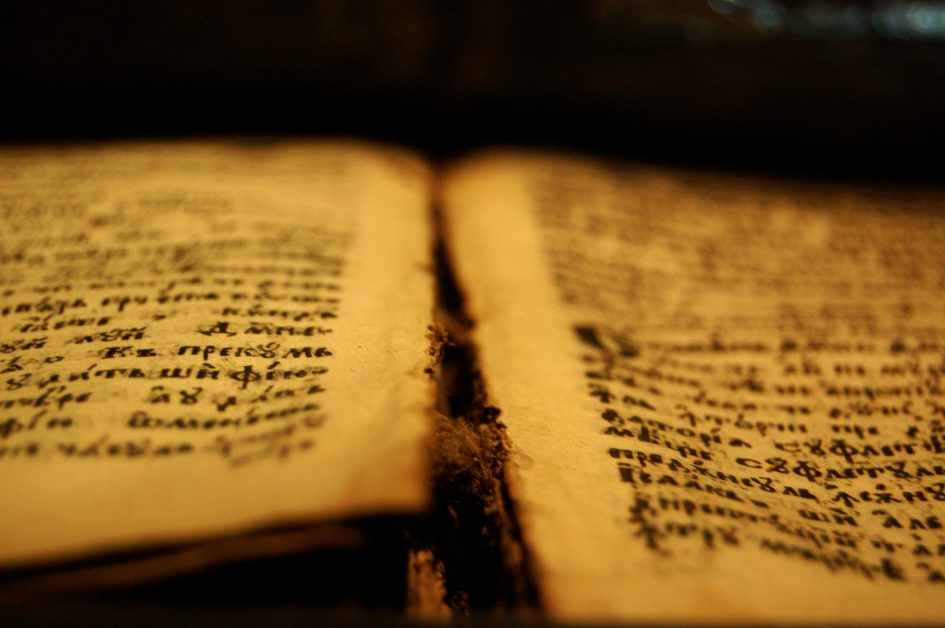One of the main points of contention between protestants and Catholics is the principle of Sola Scriptura meaning that Holy Scripture alone is authoritative for the faith and practice of the Christian. This ideology serves to differentiate holy Scripture from tradition—or the teachings of the Catholic Church.
Of course, the automatic retort from Catholics is, “Where in the Bible does it say that the Bible is the only authority?” It doesn’t of course but the response to that from some protestants is, “Well where does it say that the Bible is not the only authority?”
But what has become clear in my brief analysis of Sola Scriptura is that it raises the question of what Scripture is to begin with and the ironic answer is that Holy Scripture is inextricably tied to the same tradition that protestants rail against.
A Brief History of the Bible
At root is the composition of the Bible, which is in contention between protestants and Catholics. The Catholic Bible has 73 books and the King James Version has 66. Why the discrepancy? From Catholic Bible 101:
In about 367 AD, St. Athanasius came up with a list of 73 books for the Bible that he believed to be divinely inspired. This list was finally approved by Pope Damasus I in 382 AD, and was formally approved by the Church Council of Rome in that same year. Later Councils at Hippo (393 AD) and Carthage (397 AD) ratified this list of 73 books. In 405 AD, Pope Innocent I wrote a letter to the Bishop of Toulouse reaffirming this canon of 73 books. In 419 AD, the Council of Carthage reaffirmed this list, which Pope Boniface agreed to.
Martin Luther disagreed with all of those people and removed seven books (Tobit, Judith, 1st & 2nd Maccabees, Wisdom, Sirach & Baruch) from the Old Testament in his translation—books which, not coincidentally, conflicted with his personal theology. Luther cited the Jewish Council of Jamnia of 90 AD, which held that those books weren’t canonical, and labeled them apocrypha.

Lost in the argument of whether Luther was right about the apocrypha or not is the question of who gets to determine that? There is no celestial searchlight shining the official Bible in the sky like a holy Batman symbol. Catholics believe that the Bible was divinely inspired and transmitted to us through the Holy Spirit. But there were gospels by many others that were not included in the official Bible and there were books included that others reject. The point is that regardless of whom you agree with and whether you’re protestant or not—actual humans played a role in composing your Bible. Whether it was the Apostolic Church or the protestant Church and the 90AD Jewish community.

So, do you listen to Athanasius or the Pharisees? Do you listen to Luther or the Catholic Magisterium? Or do you figure out which books are holy Scripture all by yourself? Either way, you are depending on tradition to determine what Scripture is. This completely invalidates Sola Scriptura as it places Scripture inevitably in the hands of tradition.
The proper interpretation of Scripture is that it is part of the faith of the Church, and seen indeed as the manner in which Biblical authority is upheld (see Book of Acts 15:28-29). The biblical canon is part of tradition as it even says in the Bible, answering the above protestant retort:
Therefore, brethren, stand fast, and hold the traditions which ye have been taught, whether by word, or our epistle. (2 Thessalonians 2:15)
And
the things that thou hast heard from me among many witnesses, commit thou the same to faithful men who shall be able to teach others also. (2 Timothy 2:2)
 The Libertarian Catholic
The Libertarian Catholic
















